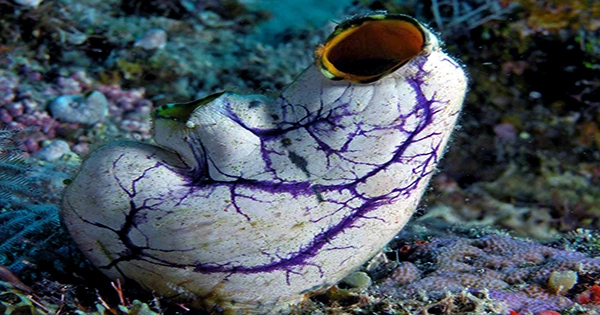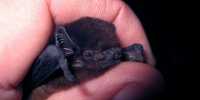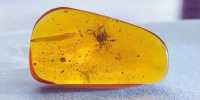Animal consciousness has prompted people all throughout the world to reconsider how they handle (and raise) animals like octopuses, crabs, and lobsters. Now, a review is recommending that we accept the same cultural and scientific U-turn that saw newborns acknowledged as capable of feeling pain, but this time for invertebrates. The research, which was published in the journal Science, looks at the ethical and policy challenges surrounding animal consciousness, as well as how the scientific community has come to accept pain in closely related species.
In the face of mounting evidence of animal awareness among organisms such as octopuses and crustaceans, they are now asking for this concept to be extended to distantly related species in the invertebrate kingdom. The authors explain, “In the 1980s, the medical profession acknowledged newborn pain because the data was so overwhelming that physicians could no longer operate as if infants are immune to pain.” “Invertebrates are reaching a similar position where they can no longer be handled as if they simply have a nociceptive reaction to detrimental stimuli.”
When a living organism responds to painful stimuli without processing the pain, this is known as a nociceptive response. When a human withdraws their hand from a hot surface before the concept of pain has reached their brain, this is an example given in the study. In a 2021 study, octopuses were shown to be capable of both emotional and physical suffering. Researchers gave octopuses a painful injection, which caused them to avoid regions where they were uncomfortable and groom boo-boos.
While denying such pain responses has “been morally convenient during human’s history of animal exploitation,” as the researchers put it (in the United States, octopuses aren’t even considered “animals” in federal research), the growing body of evidence for pain experience in invertebrates surely calls for a rethink in our approach to these animals. They added, “Current research shows that a wide spectrum of animals have interests in avoiding feeling pain and that if given the choice, they would not consent to harmful operations.” “As a result, suffering is a damage to them, and humans have a moral imperative to acknowledge that harm and, if feasible, to avoid causing it.”
The authors argue that invertebrates should become a part of “our species’ moral landscape,” despite the fact that rising research and animal sentience legislation increasingly point to them as being capable of feeling pain. “While we are accustomed to considering how our activities influence other people,” they said, “recognizing widespread animal sentience demands us to likewise observe – and contemplate – our impact on other species.” “Animal awareness will inevitably complicate an already complicated moral universe in this way.”
















